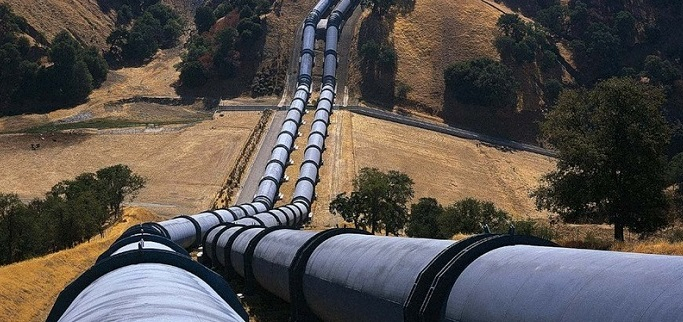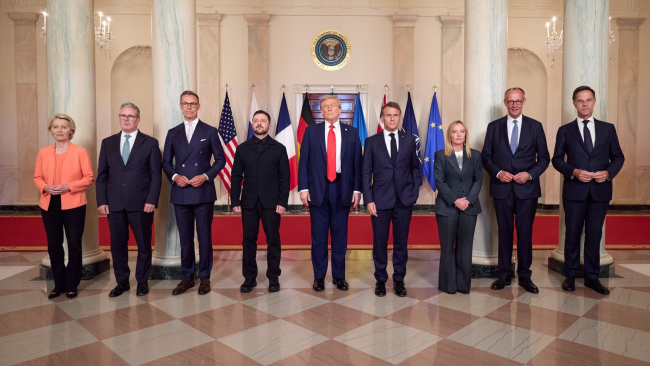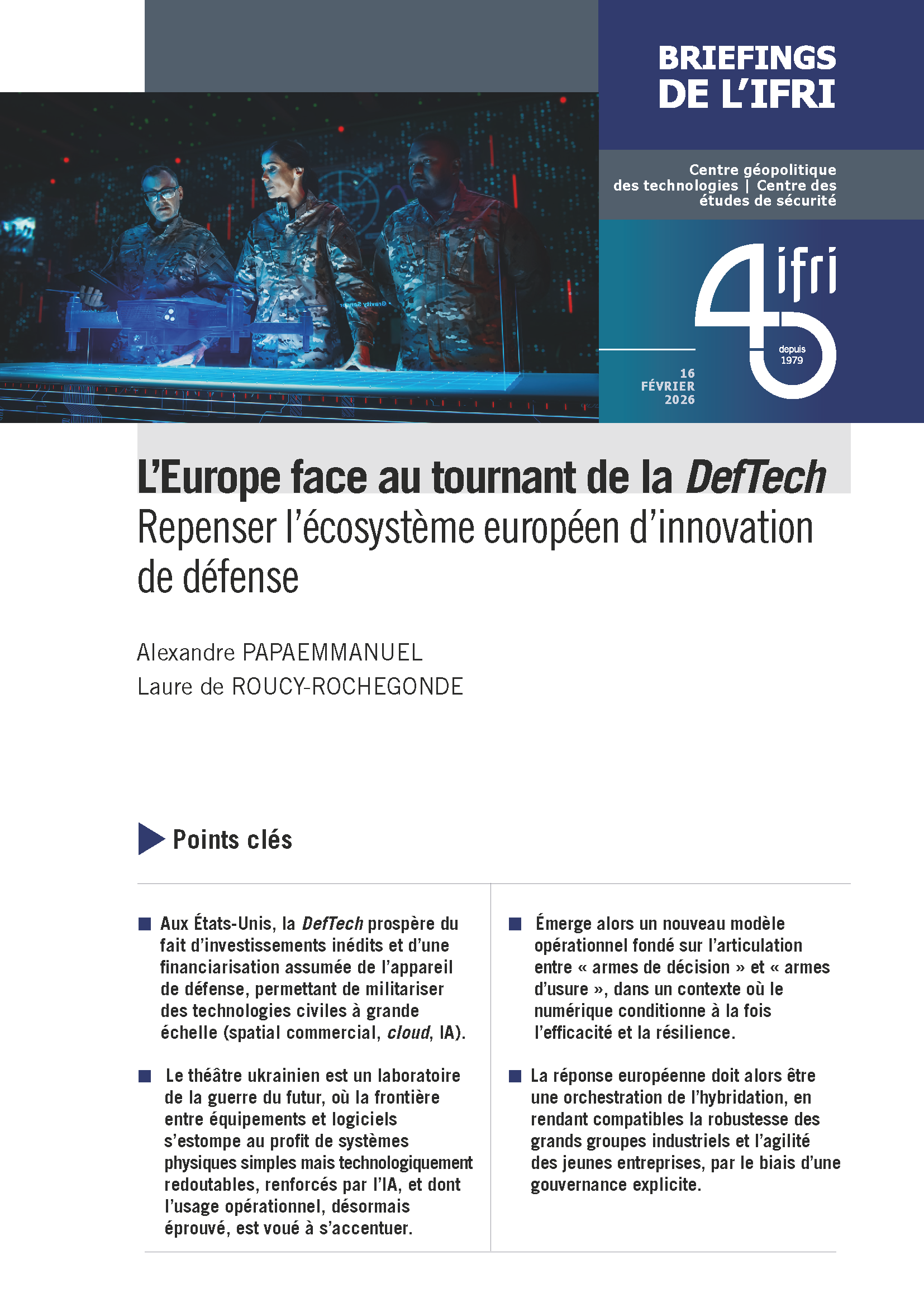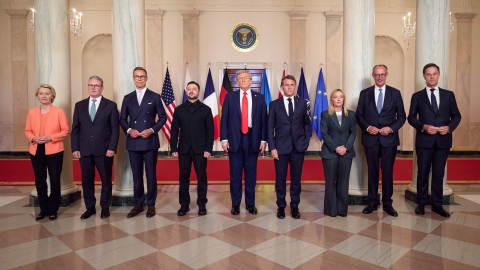
Informations pratiques
Thématiques et régions
Centres et programmes liés
Ceci est un événement réservé.
En savoir plus sur nos programmes de soutienChina is facing a significant increase of its energy demand and has to deal with the critical issue of air pollution in its main cities. In this context, natural gas is becoming a key priority. Gas imports may triple by 2020 and China needs to secure and diversify its supplies and develop new energy partnerships. The country is also boosting its domestic production, notably in unconventional gas, and is committed in a difficult reform of natural gas prices. The aim of this event is to cover these developments and discuss their impacts on the Chinese energy market and on the international gas market.

Following the publication of Ifri’s note “Gas strategy of China: developing competition between national production and imports” by Sylvie Cornot-Gandolphe, the Ifri Center for Energy organizes a roundtable with Sylvie Cornot-Gandolphe, Associate Research Fellow at Ifri Center for Energy, Kevin Jianjun Tu, China Program Manager, International Energy Agency (IEA), Arnaud Erbin, International Director, European and International Affairs Direction, GDFSuez. Chaired by Marie-Claire Aoun, Director, Ifri Center for Energy.
The Seminar will be held in English
Sujets liés
Autres événements

Quelle politique de défense en Allemagne ?
Face à la guerre en Ukraine et à l’instabilité géopolitique en Europe dans un cadre transatlantique perturbé, l’Allemagne a amorcé un tournant majeur dans sa politique de défense, avec une hausse significative des dépenses militaires, la modernisation de la Bundeswehr et le débat sur un éventuel retour du service militaire obligatoire.

Quatre ans de guerre en Ukraine : verra-t-on la fin du conflit en 2026 ?
Un déjeuner débat autour de Tatiana Kastouéva-Jean, Directrice du Centre Russie/NEI, et Élie Tenenbaum, directeur du

Quel partenariat technologique avec l’Inde ?
Le 16ème Sommet UE-Inde, qui s’est tenu le 27 janvier à New Delhi en présence des dirigeants européens António Costa, Ursula von der Leyen, et du Premier ministre Narendra Modi, marque un tournant dans le renforcement des liens entre l'Union européenne et l'Inde. Parallèlement, les visites bilatérales se multiplient, à l’image de celle du Président français qui s’est rendu en Inde mi-février pour participer au Sommet sur l’Intelligence Artificielle.









